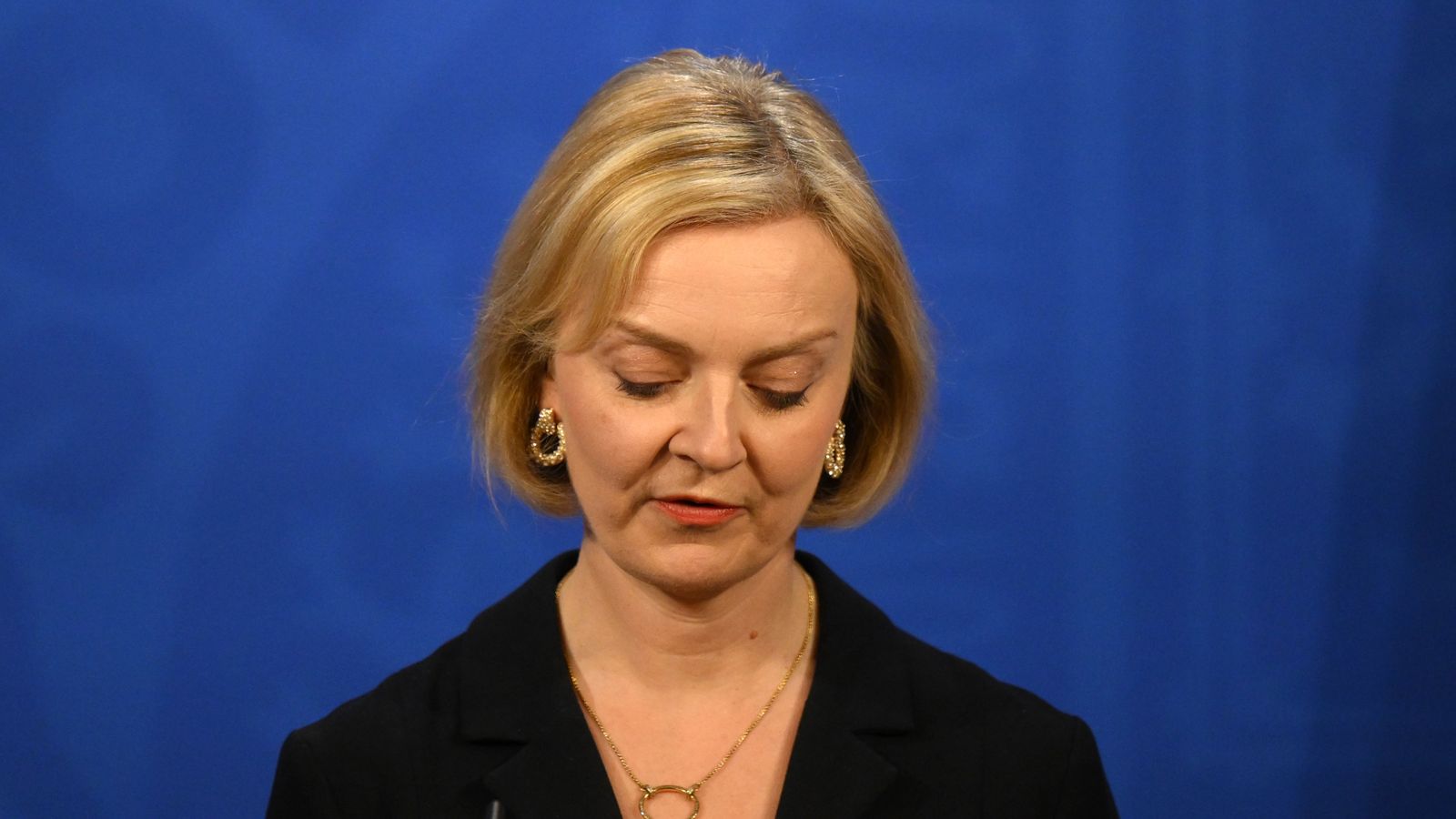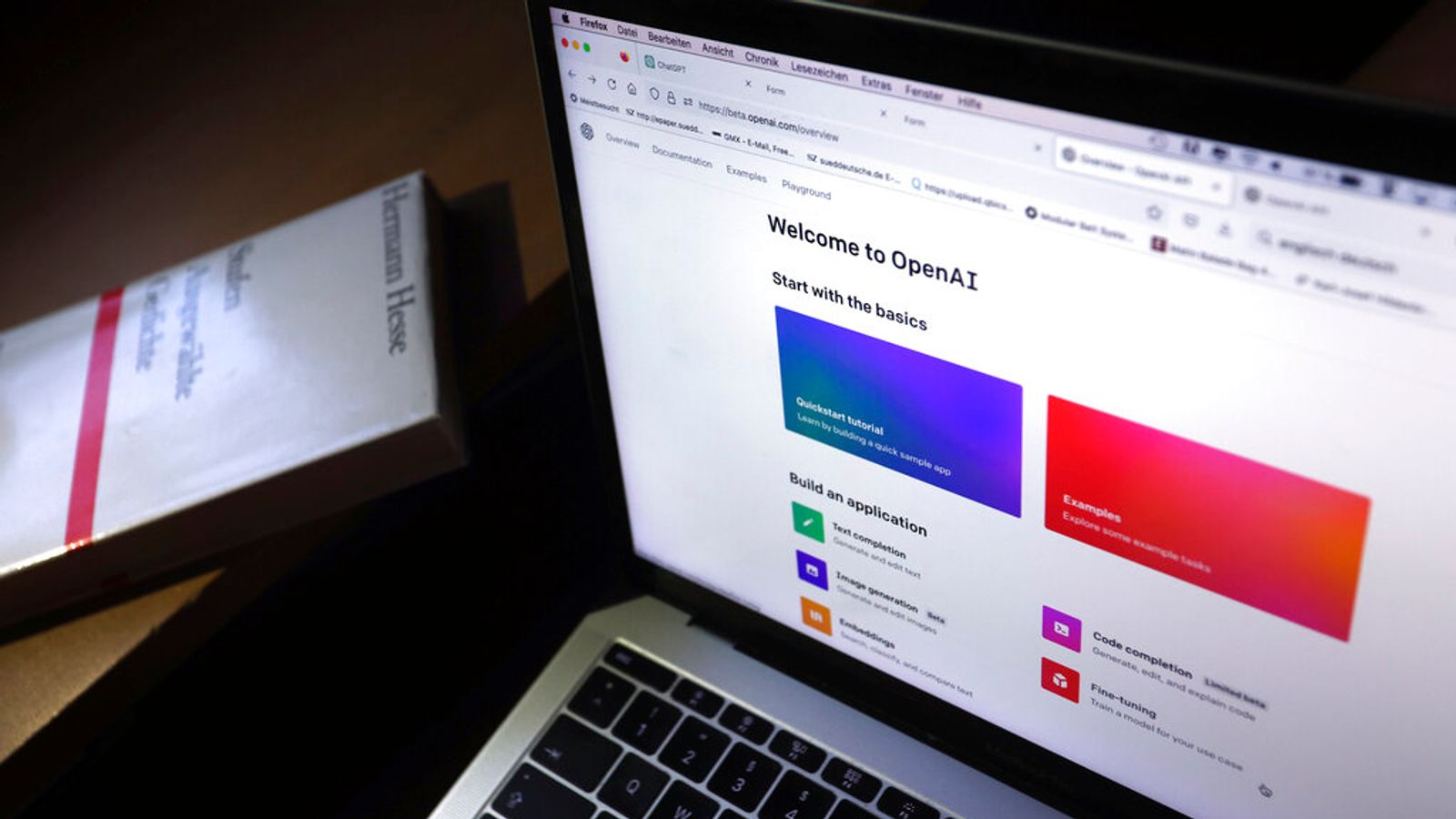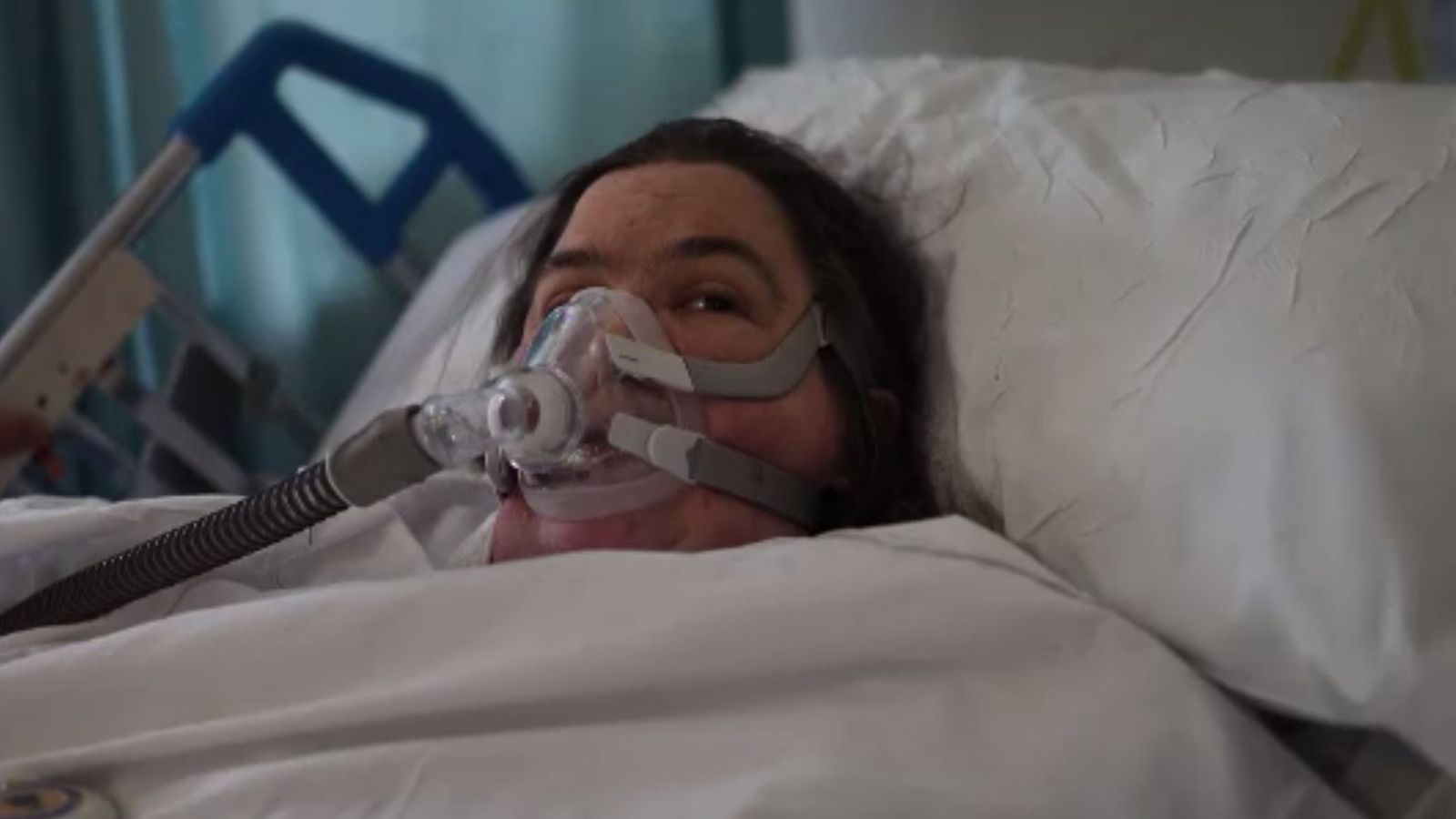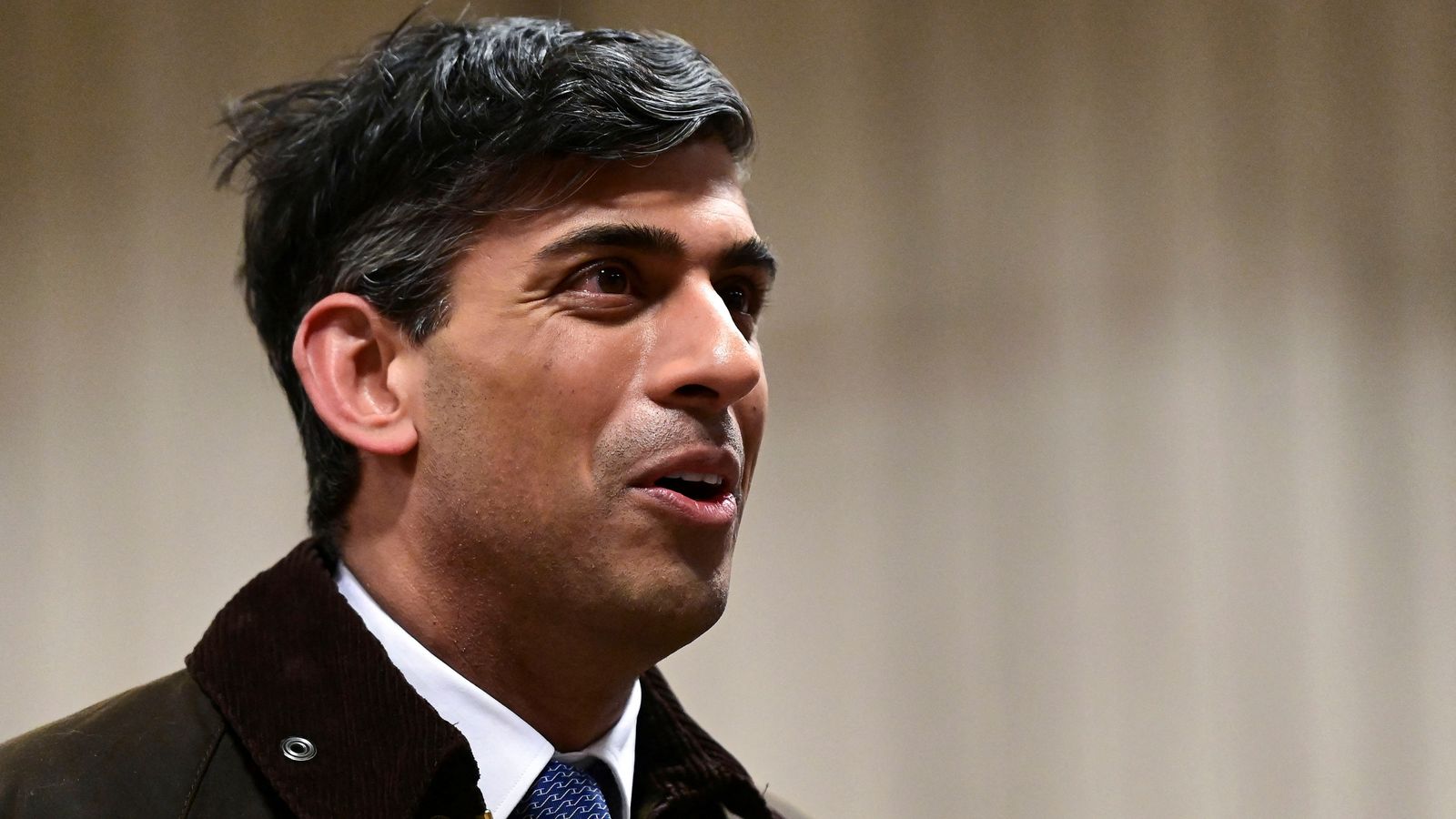Some coronavirus prevention measures should remain after 19 July to stop the “alarming” rise in cases, the British Medical Association says.
Prime Minister Boris Johnson is hoping that the final phase of his plans to end England’s restrictions can go ahead on 19 July.
But Public Health England figures show 161,981 confirmed and probably cases of the Delta variant – up 50,824 or 46% on the previous week.
The BMA council’s chair, Dr Chaand Nagpaul, said easing restrictions was not an “all or nothing” decision, and that “sensible, cautious” measures will be vital to minimising the impact of further waves, new variants and lockdowns.
He added: “As case numbers continue to rise at an alarming rate due to the rapid transmission of the Delta variant and an increase in people mixing with one another, it makes no sense to remove restrictions in their entirety in just over two weeks’ time.
“The promise was to make decisions based on data and not dates, and while we were pleased to see the government react to data in delaying the easing on 21 June last month, ministers must not now simply disregard the most recent, damning, numbers by rushing into meeting their new 19 July deadline.”
Dr Nagpaul said the BMA was not asking for the reopening to be delayed but it wanted “targeted measures” to help prevent virus transmission.
These include face masks in public areas such as shops and public transport, better public messaging about the importance of social distancing and ventilation.
Dr Nagpaul added: “Everyone appreciates the efforts and sacrifices we have all made so far to suppress the spread of the virus, and it would be tragic if we were to undo this good work now.”
The number of people being admitted to hospital with COVID-19 remains low compared to the rise in cases but Dr Nagpaul said: “Even if people aren’t getting admitted to hospital at the same rate, spiralling levels of community transmission provides a fertile ground for new, potentially vaccine-resistant variants to develop.”
Follow the Daily podcast on Apple Podcasts, Google Podcasts, Spotify, Spreaker
It comes as The Times reports that ministers plan to drop all requirements, including isolation for fully-vaccinated people who come into contact with some who is infected with COVID-19.
A meeting on Monday will look at a plan to advise – but not require – fully-vaccinated people to take daily tests in this situation.
Some 45,013,503 people in the UK have now had their first jab – 85.5% of all adults – while 33,241,265 people have had both jabs – 63.1% of adults.




